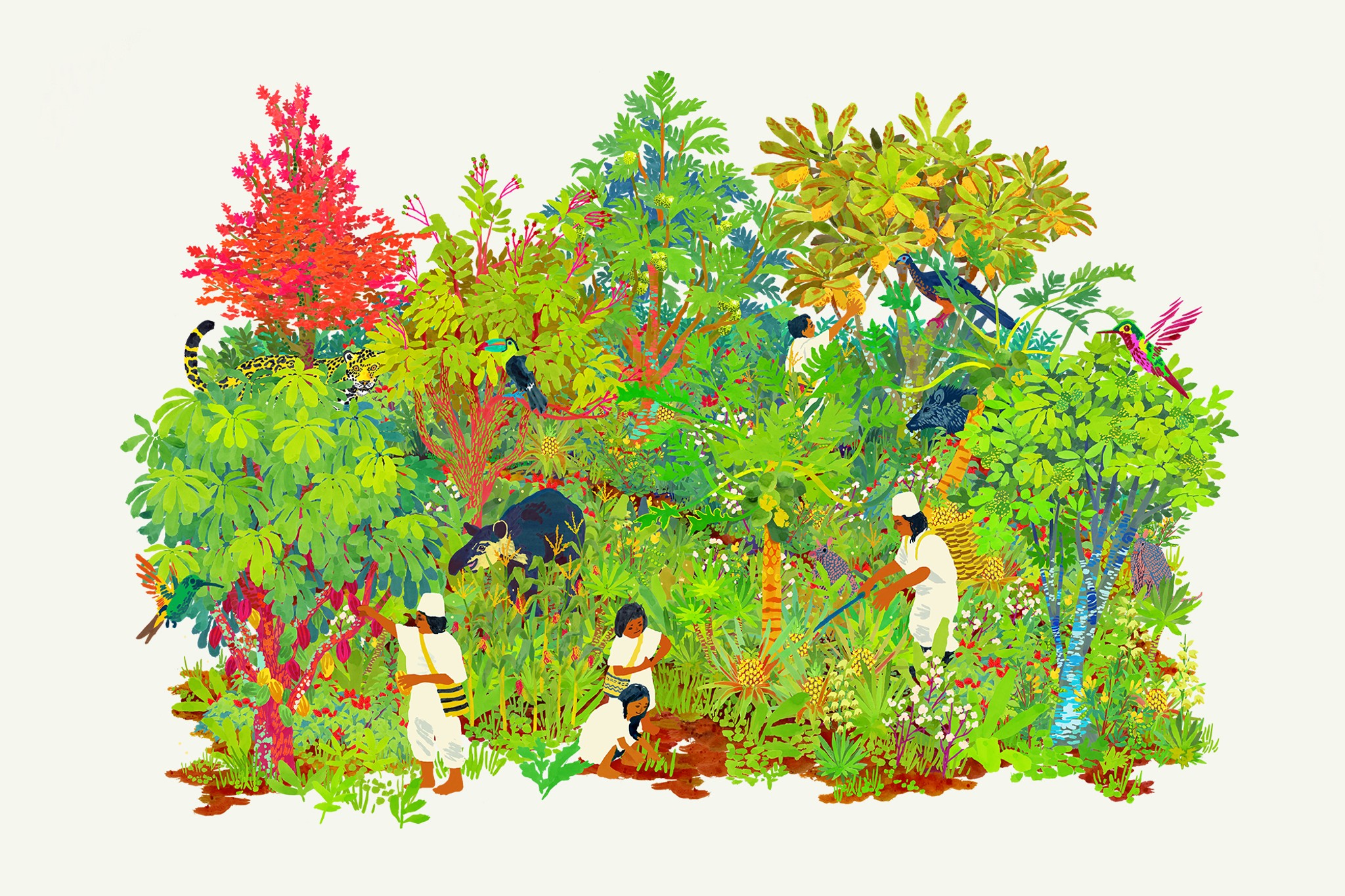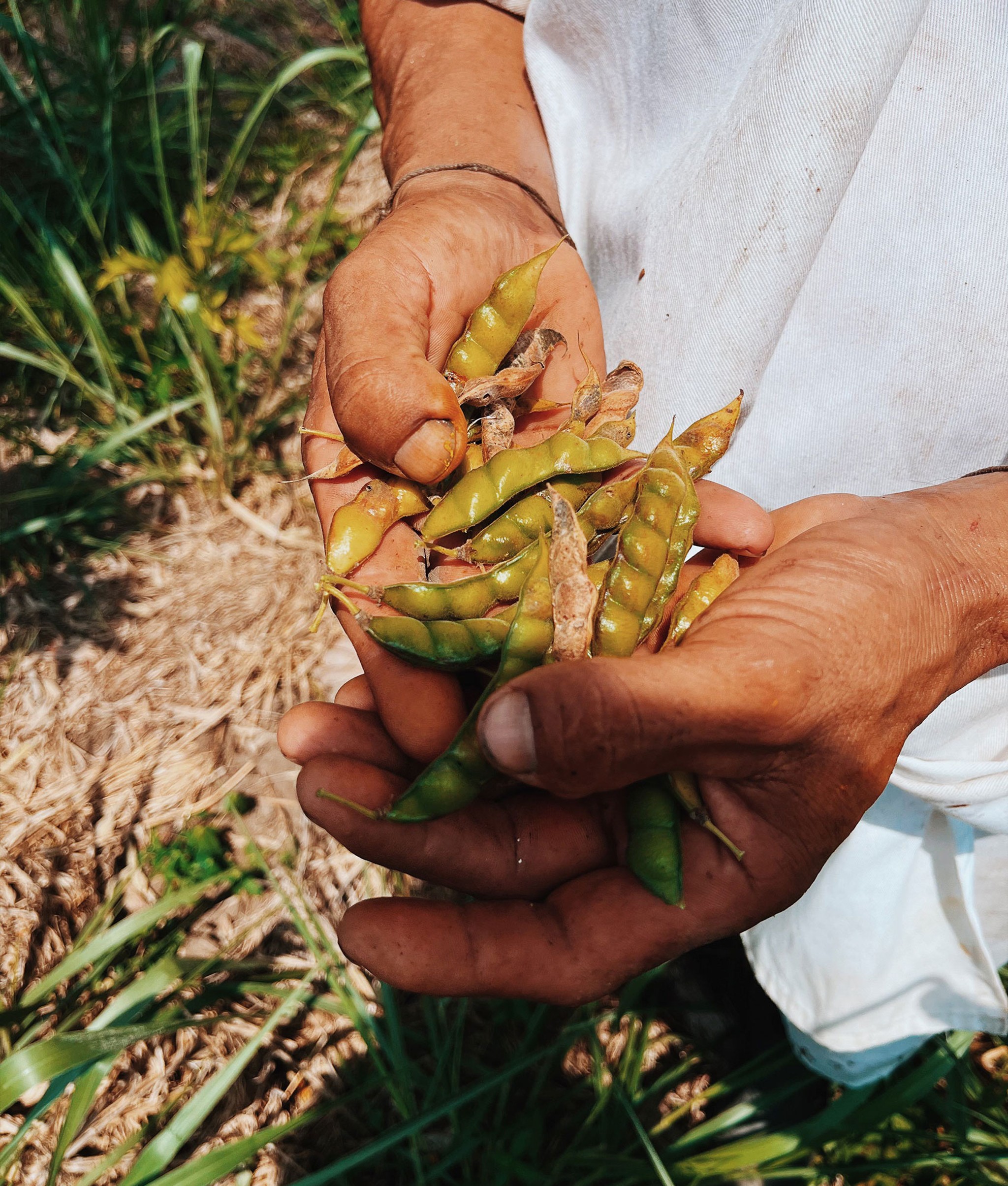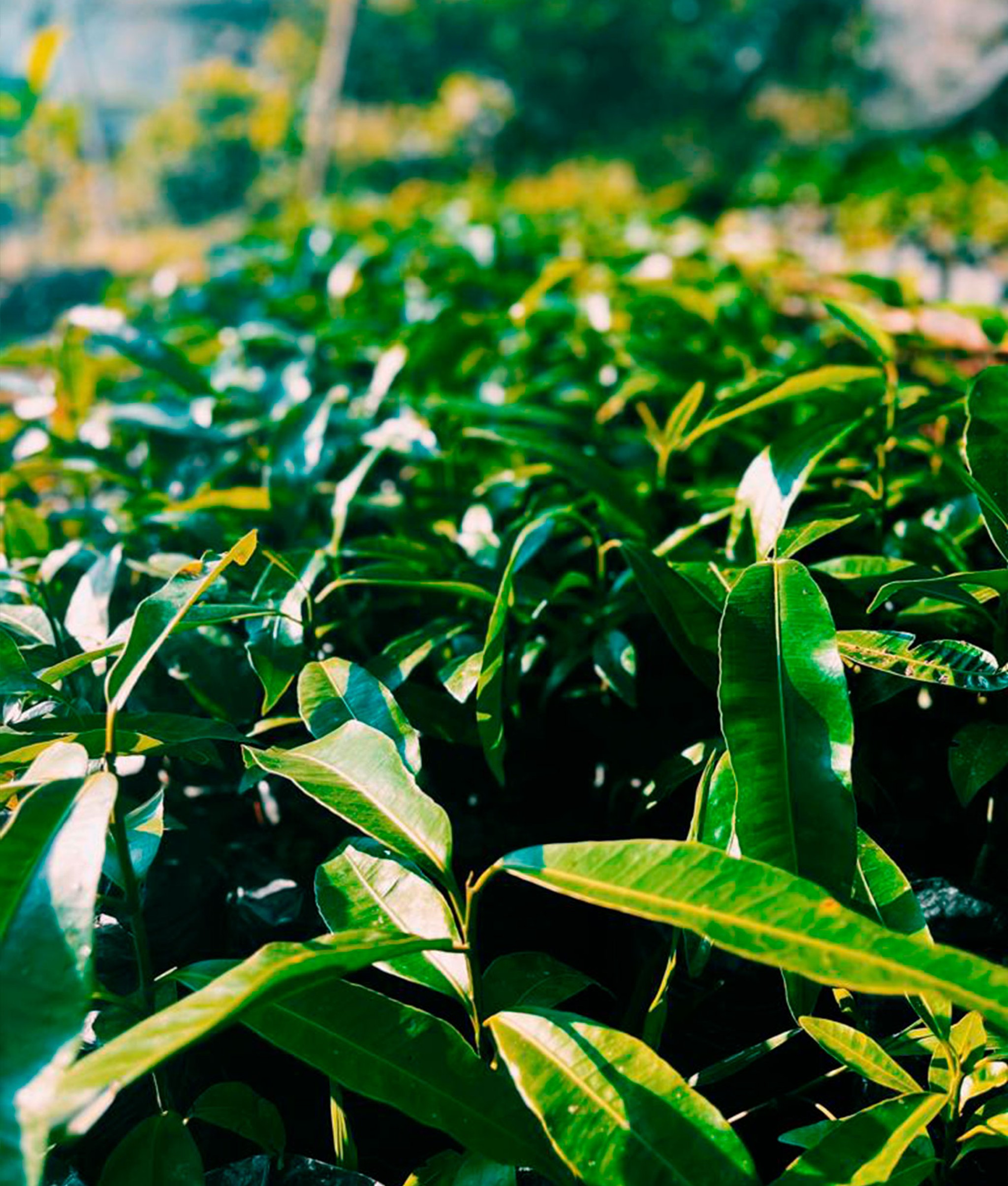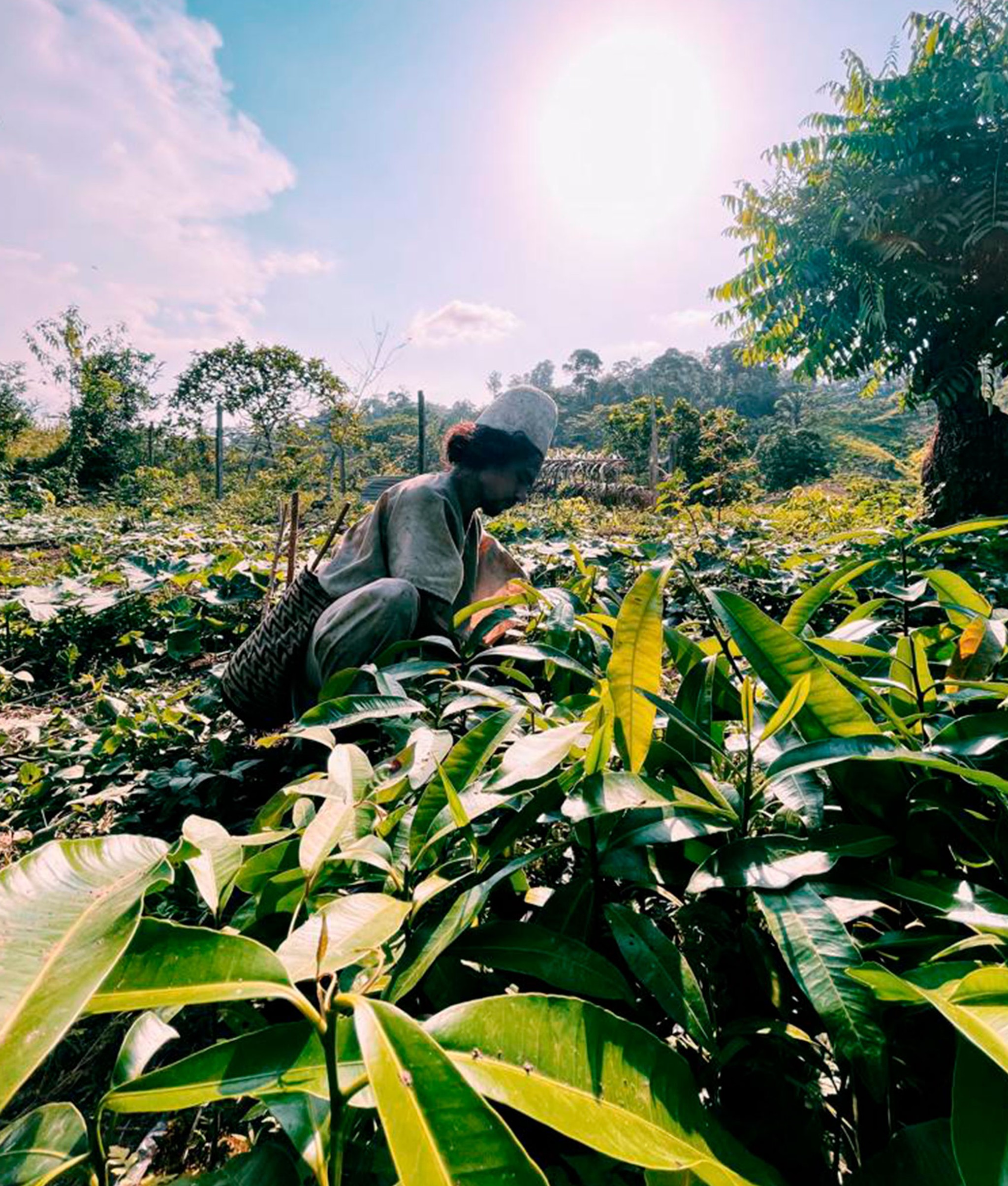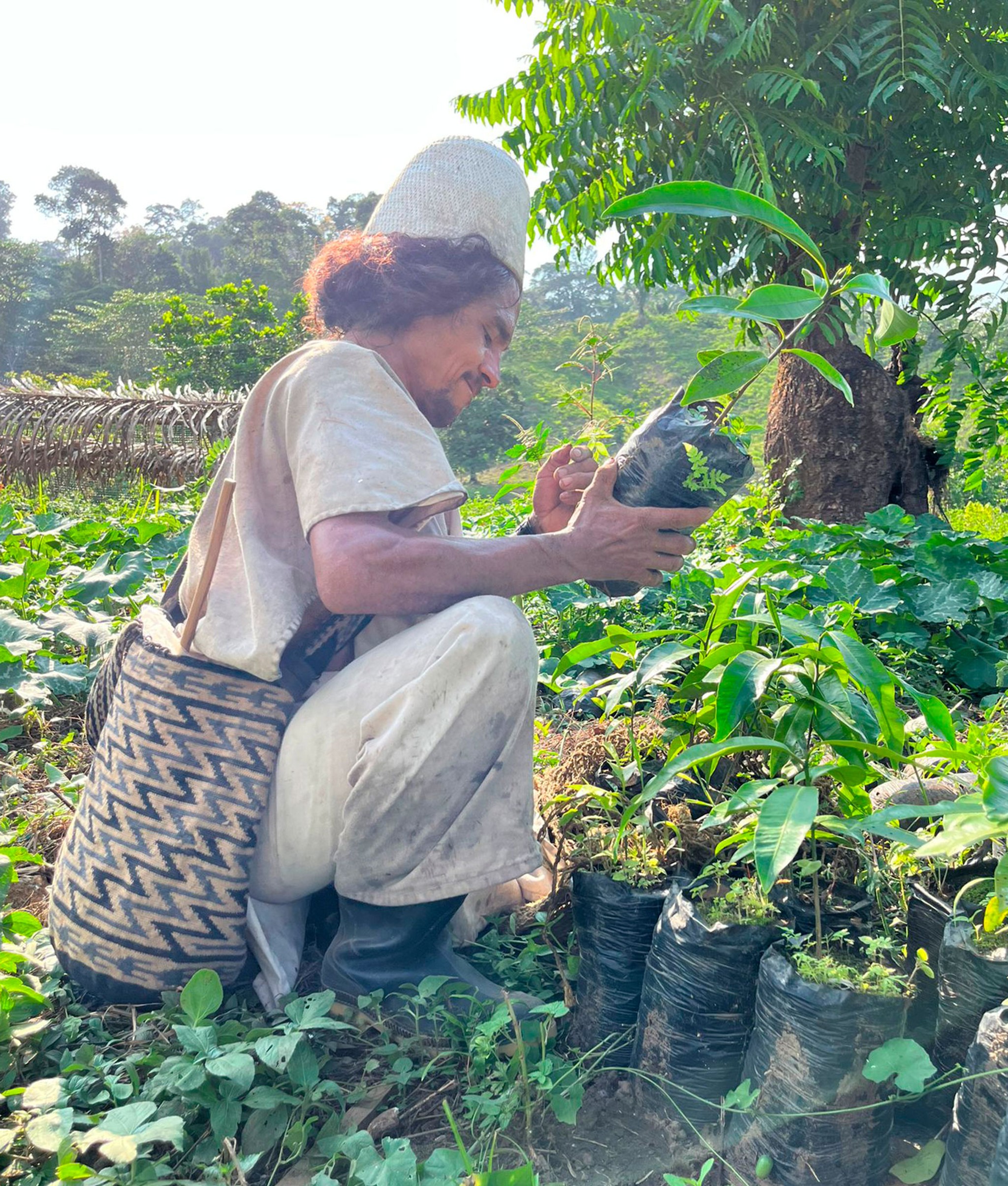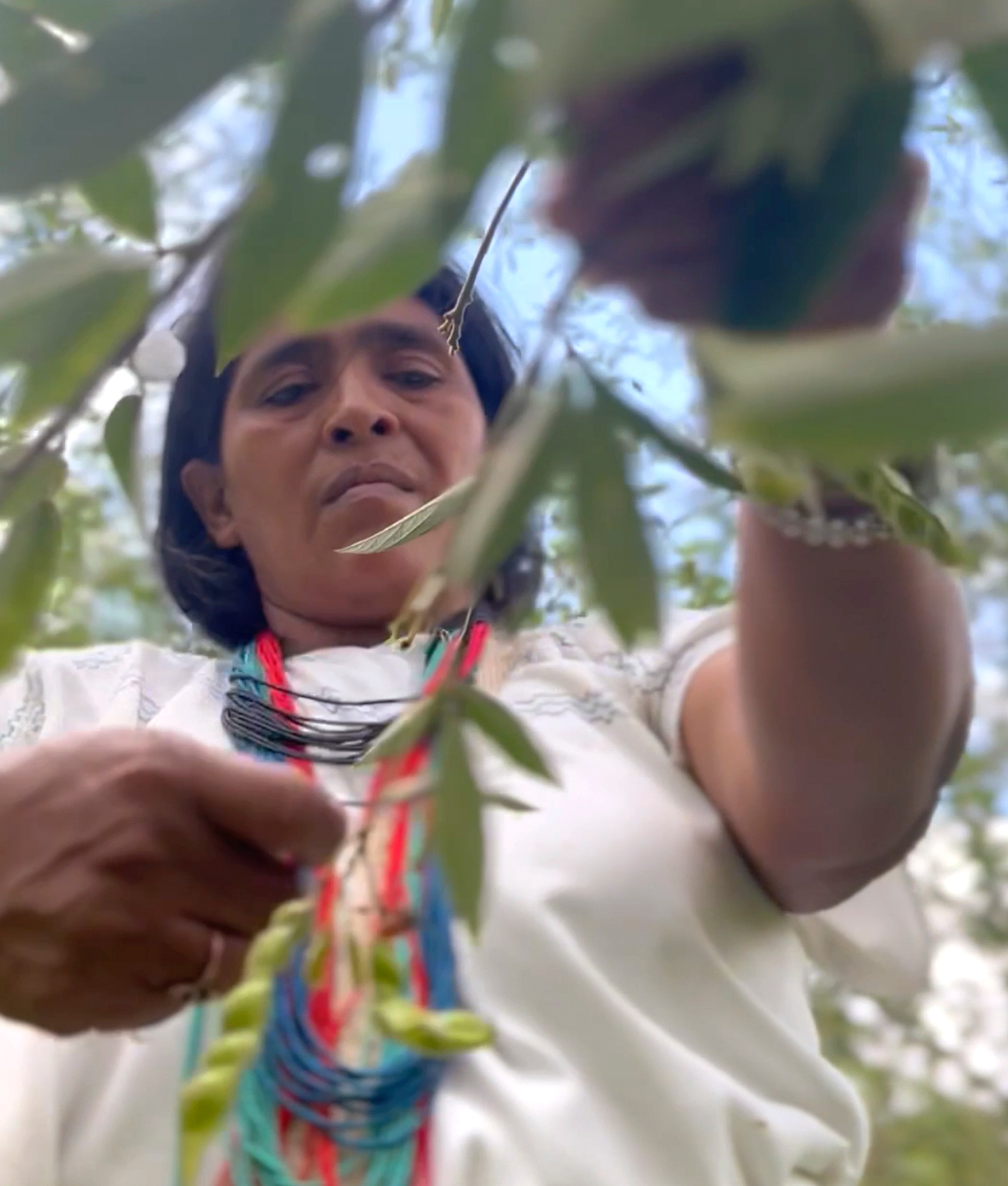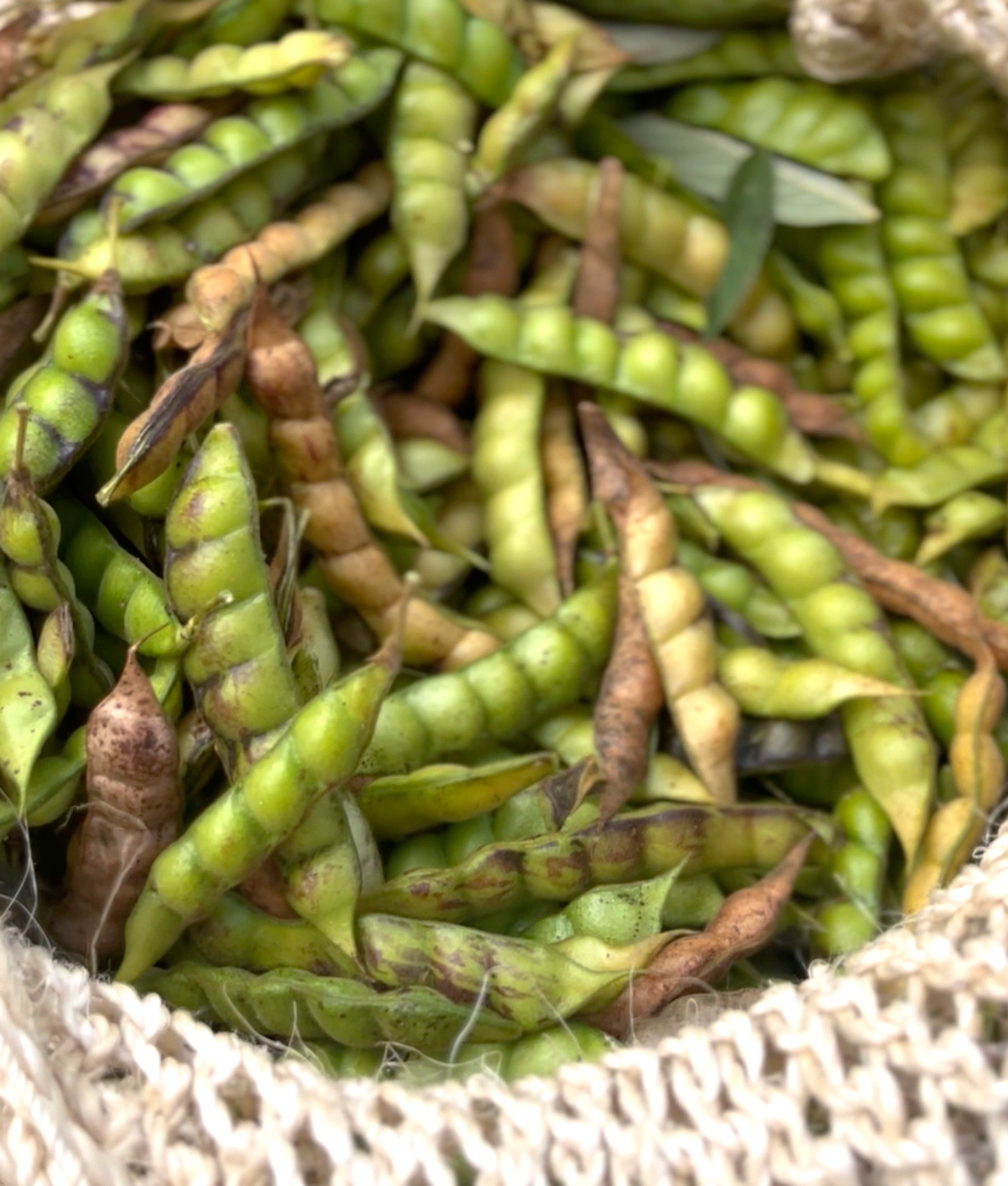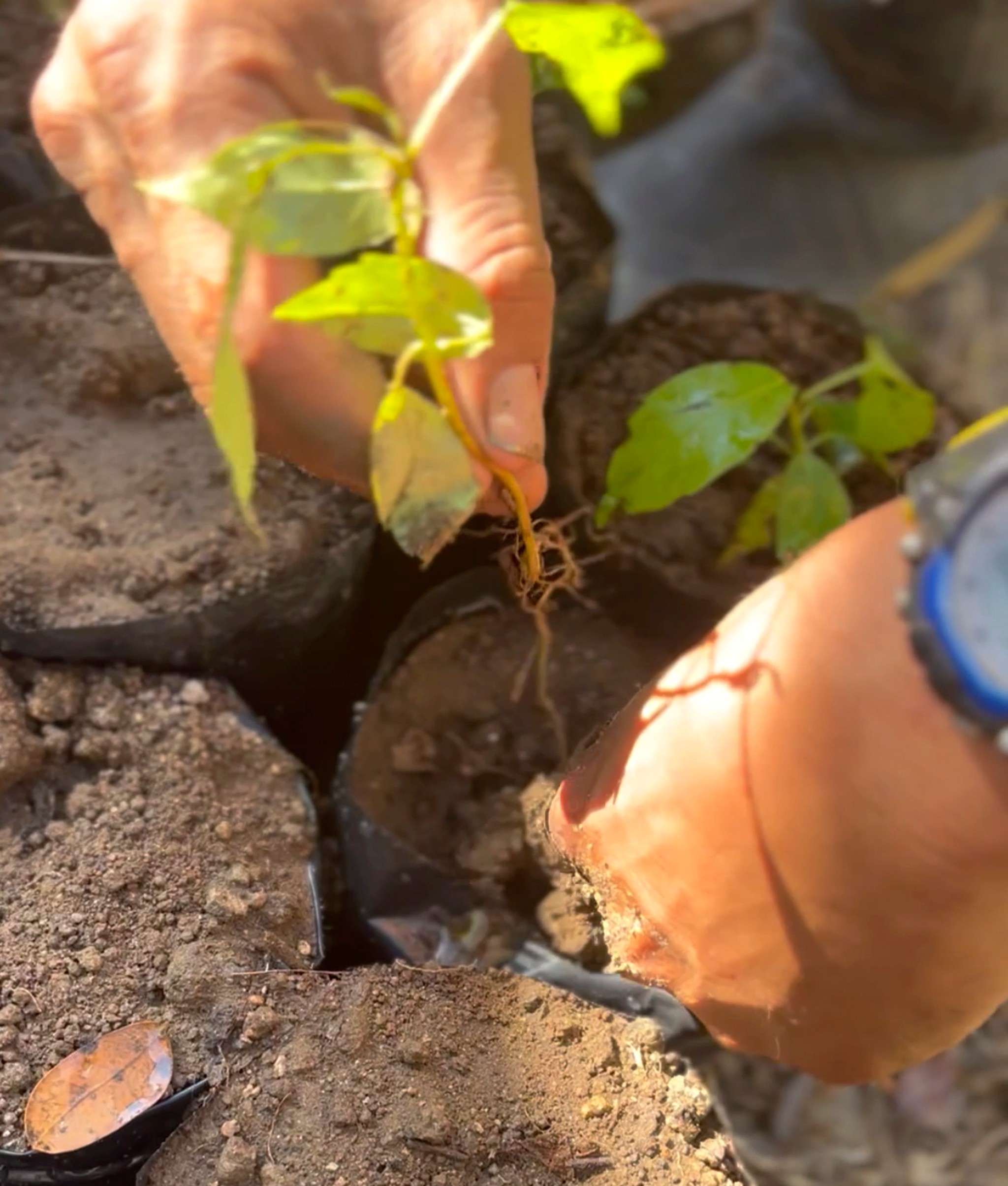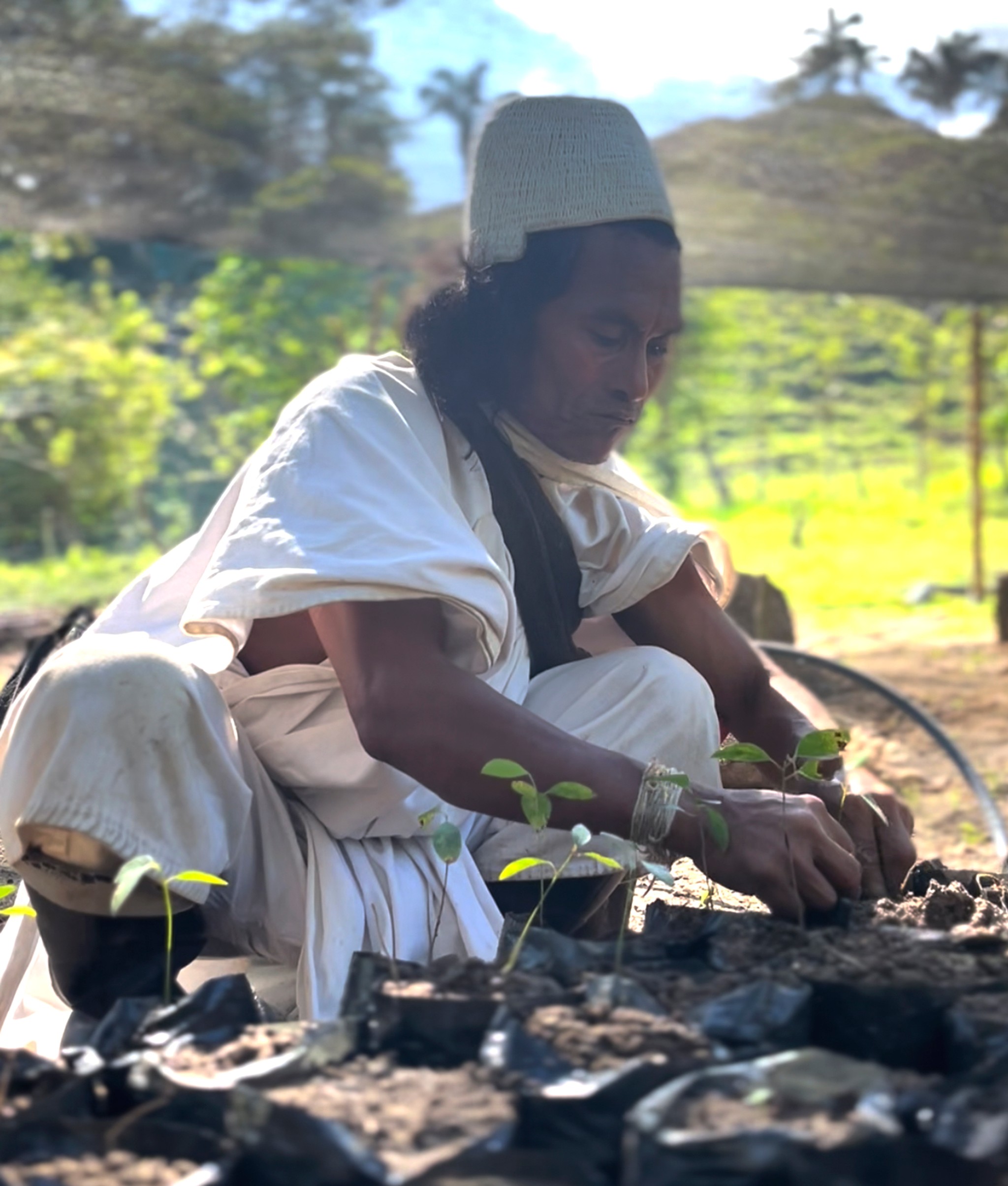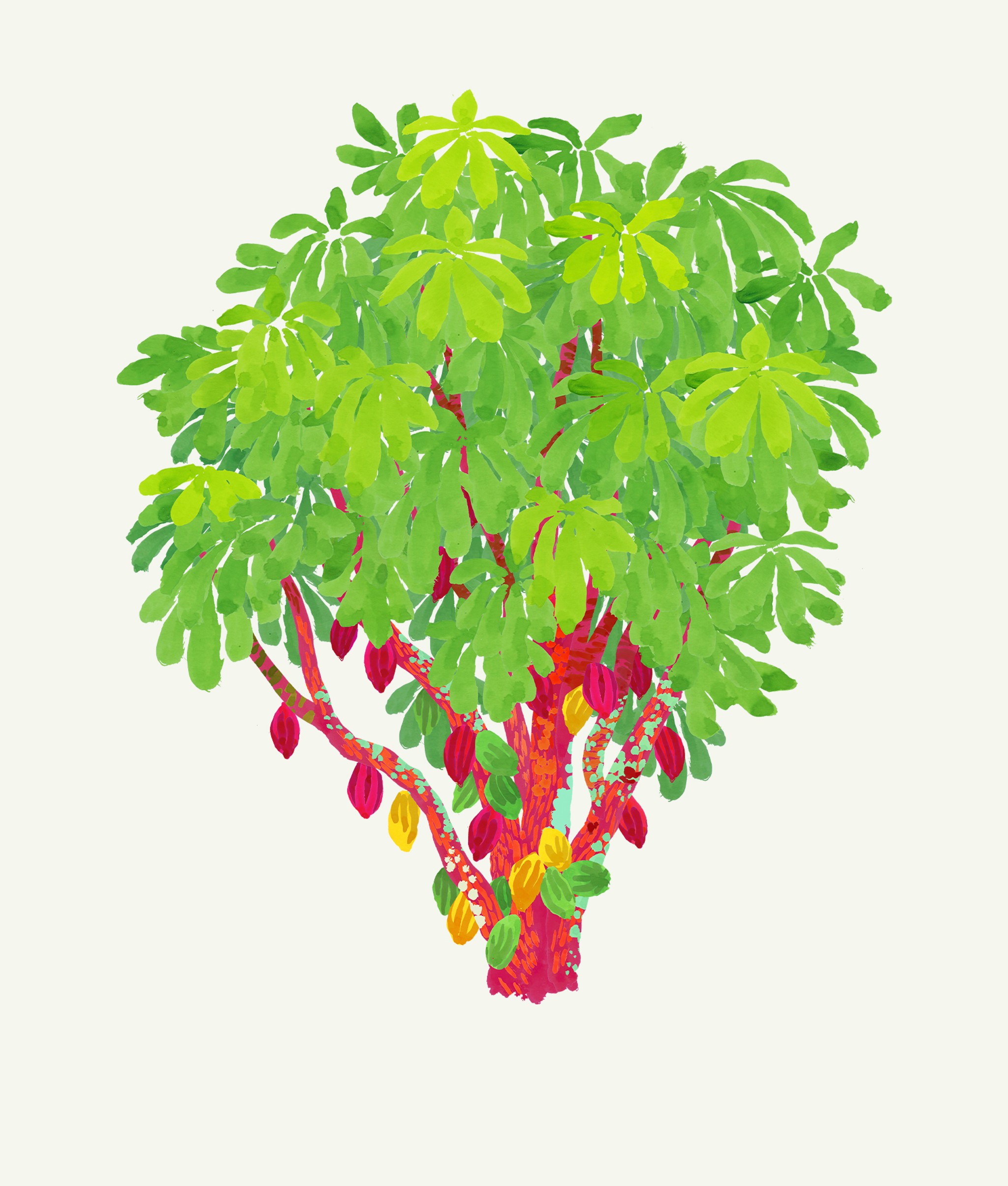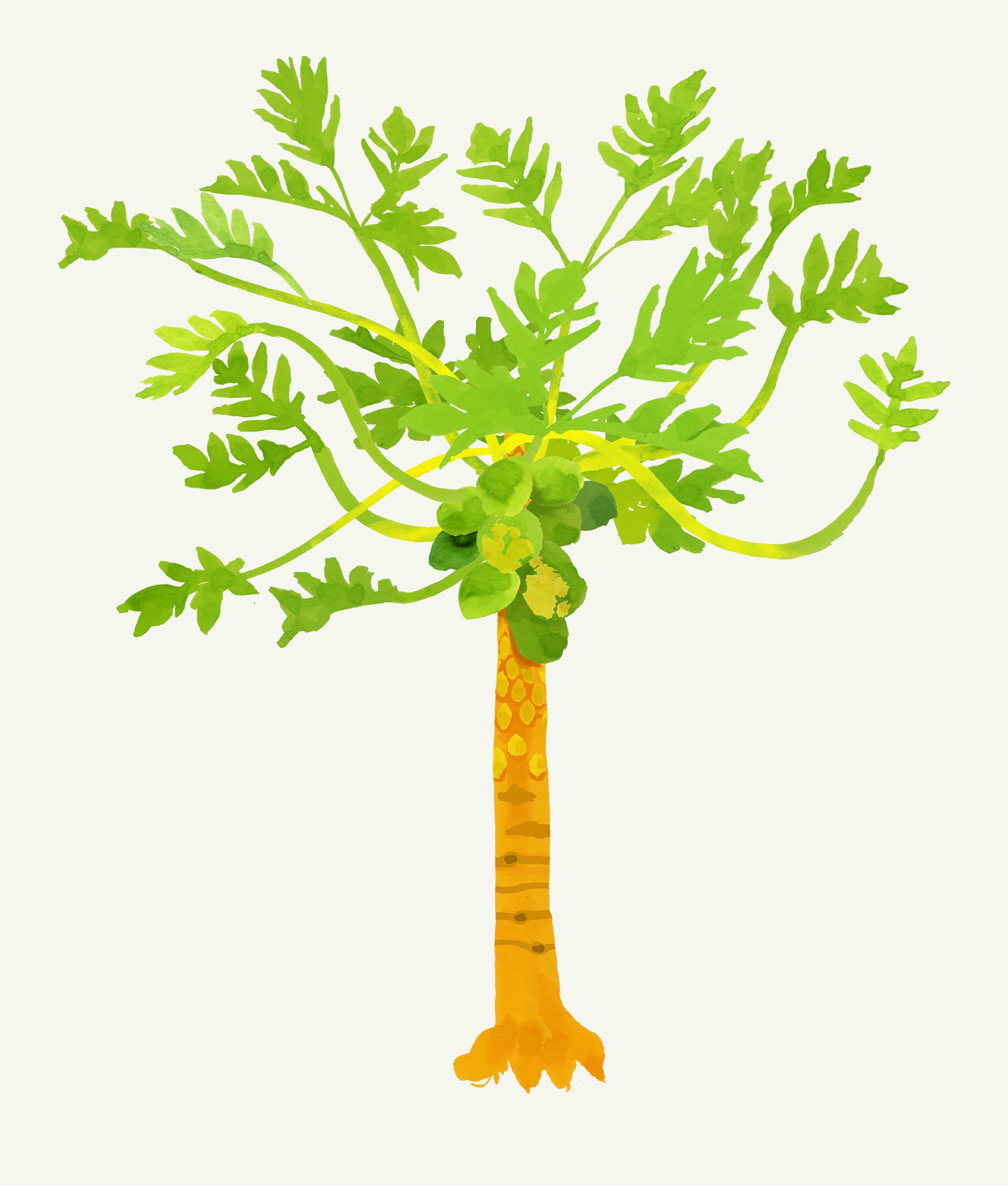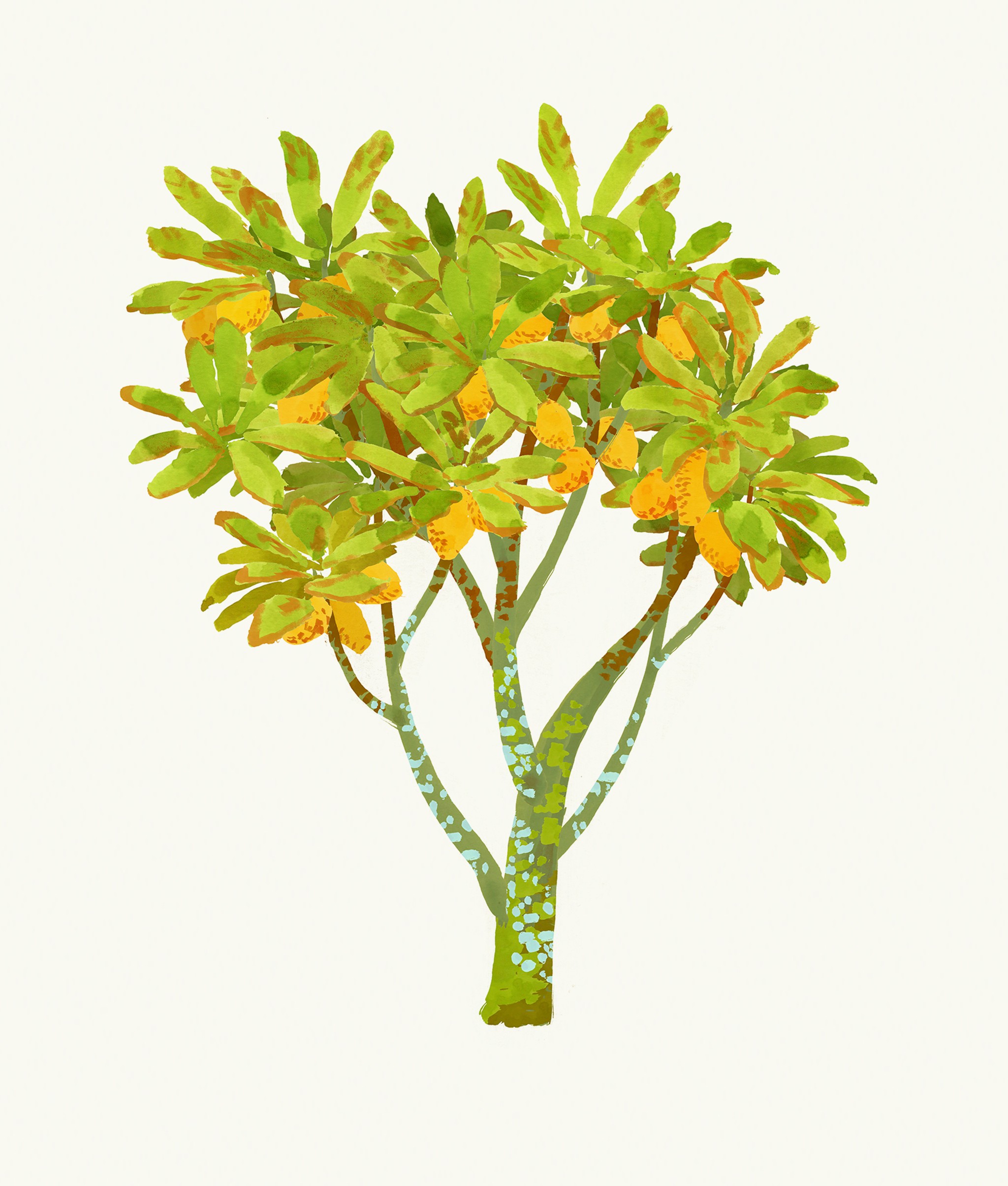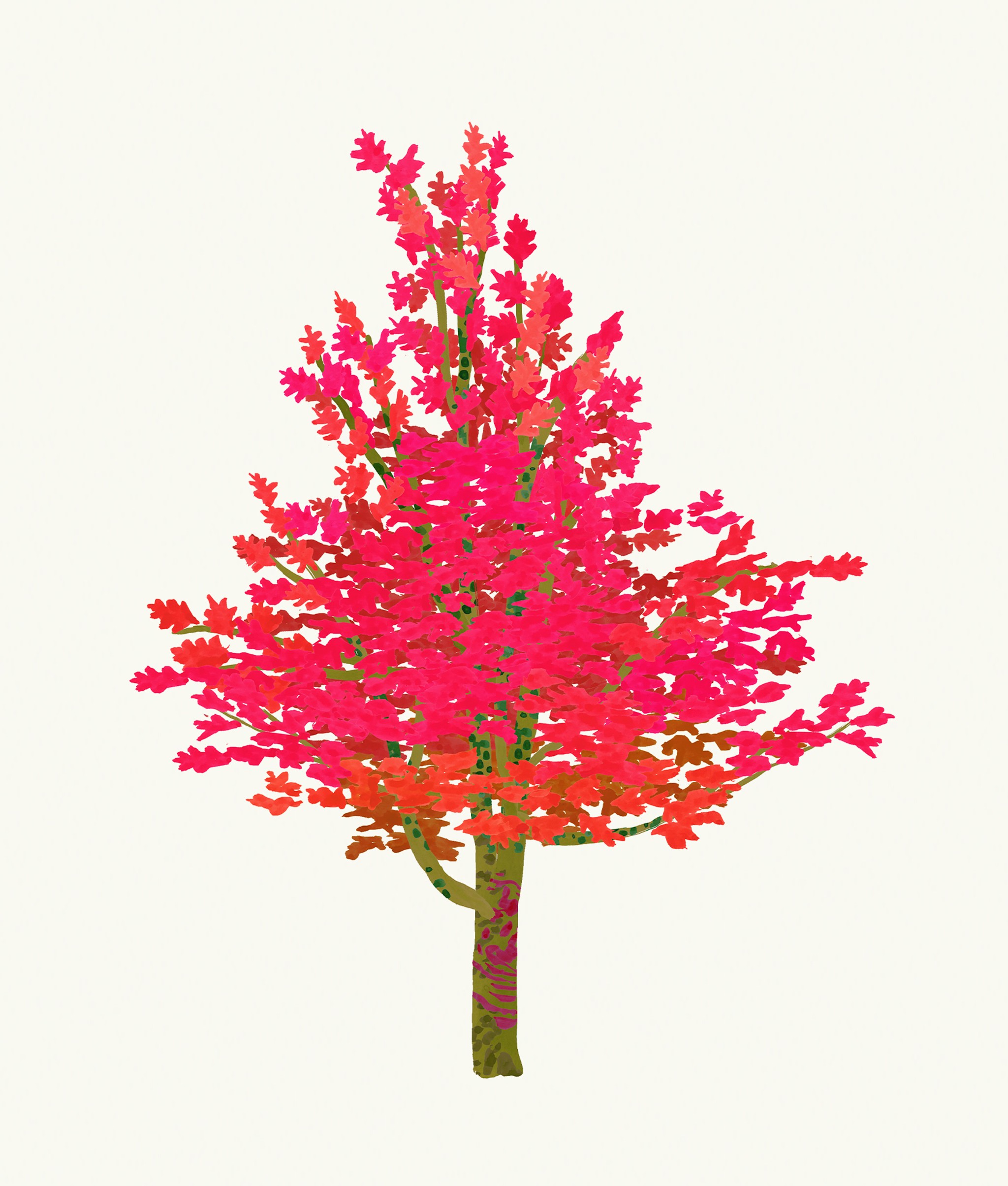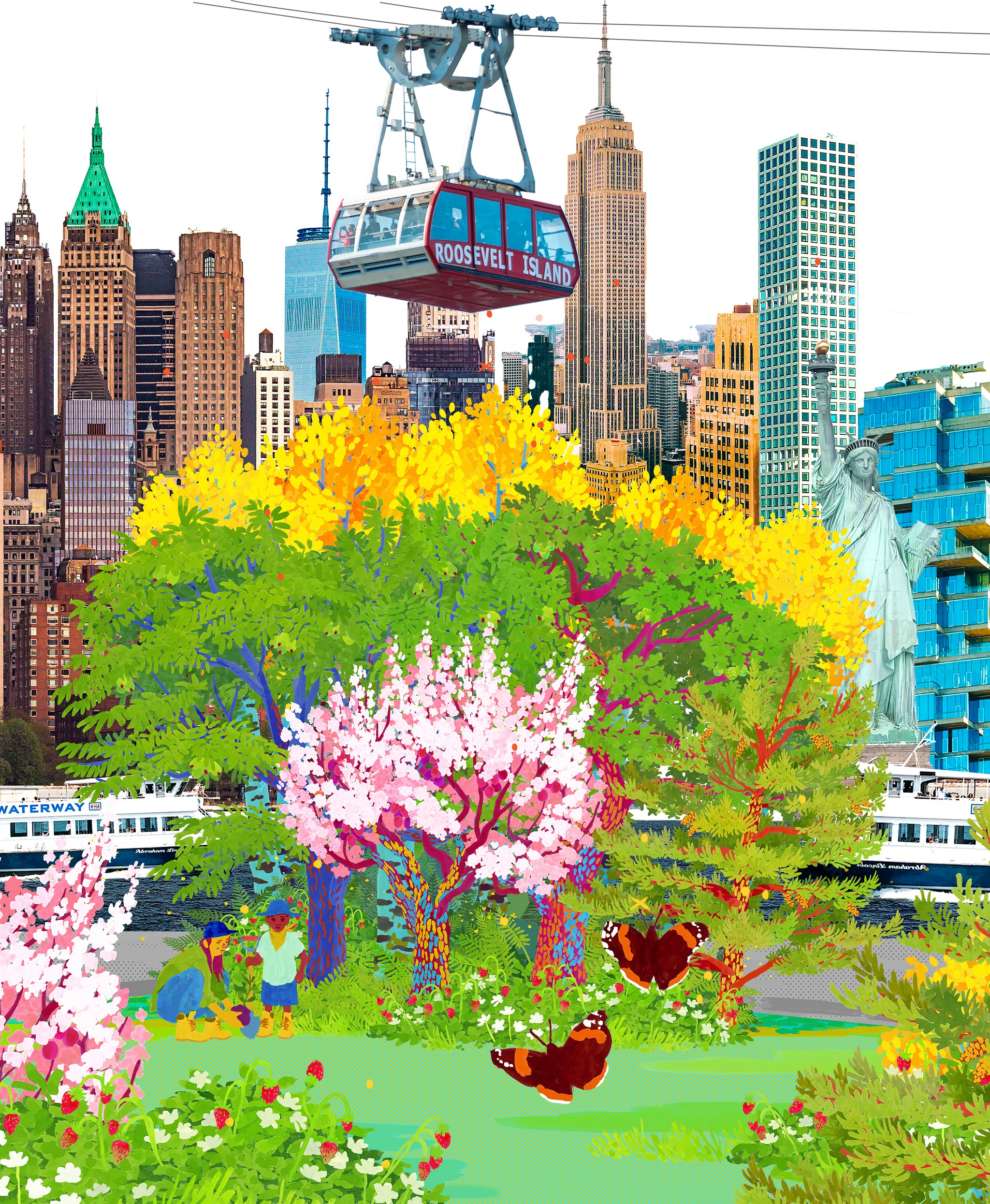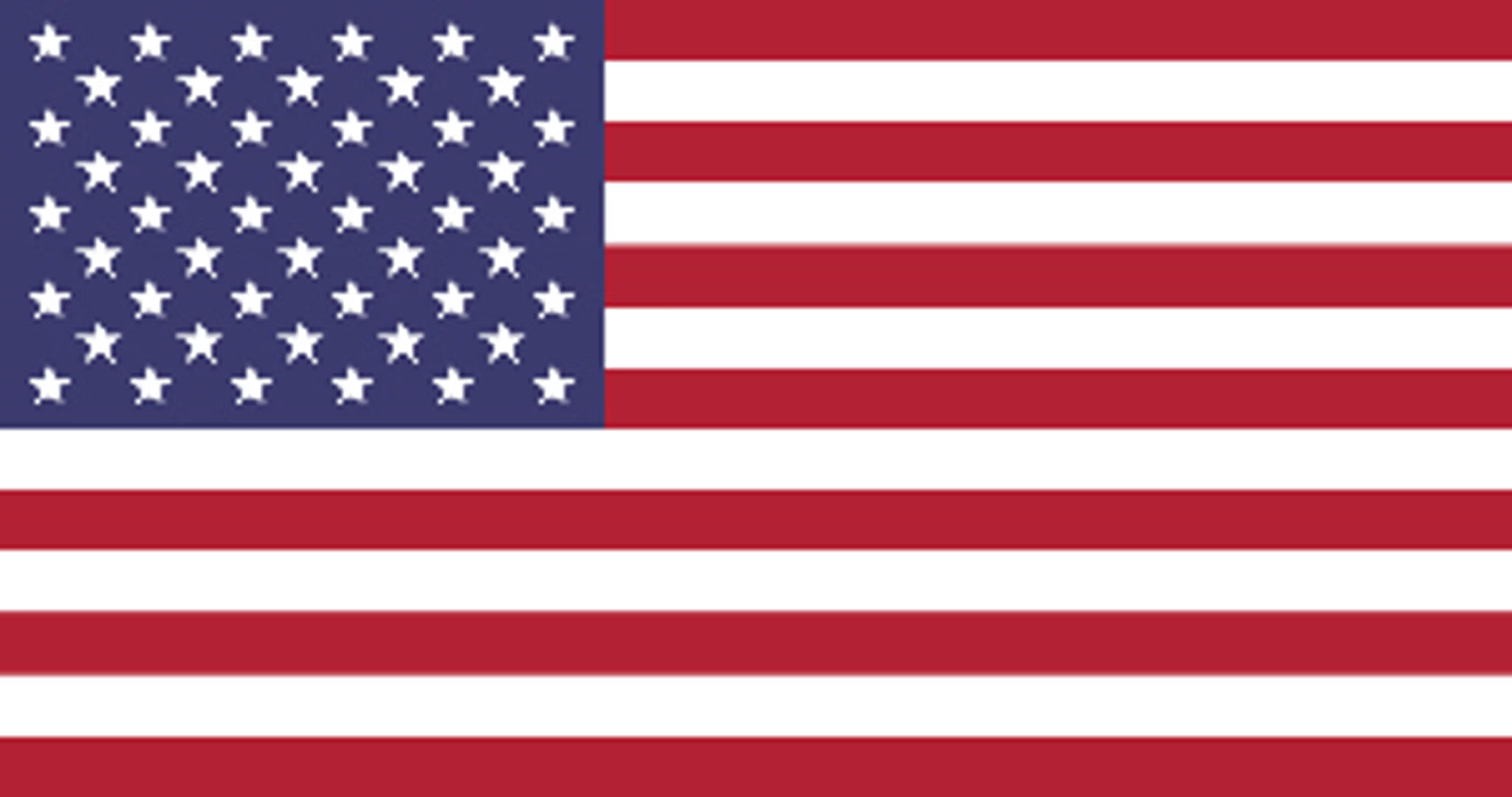Bunkwimake Forest Garden
Reviving indigenous heritage through an edible forest garden.
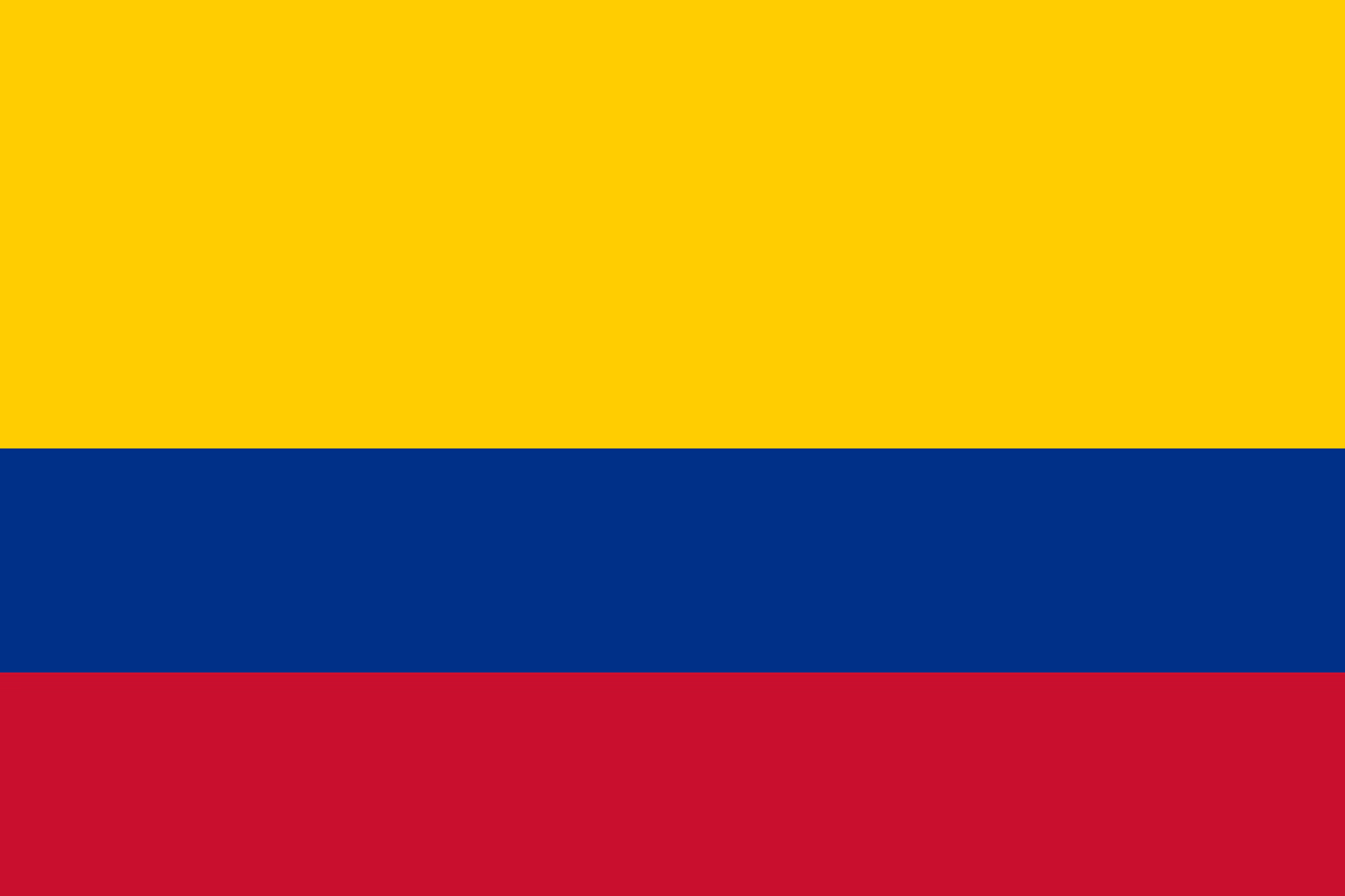
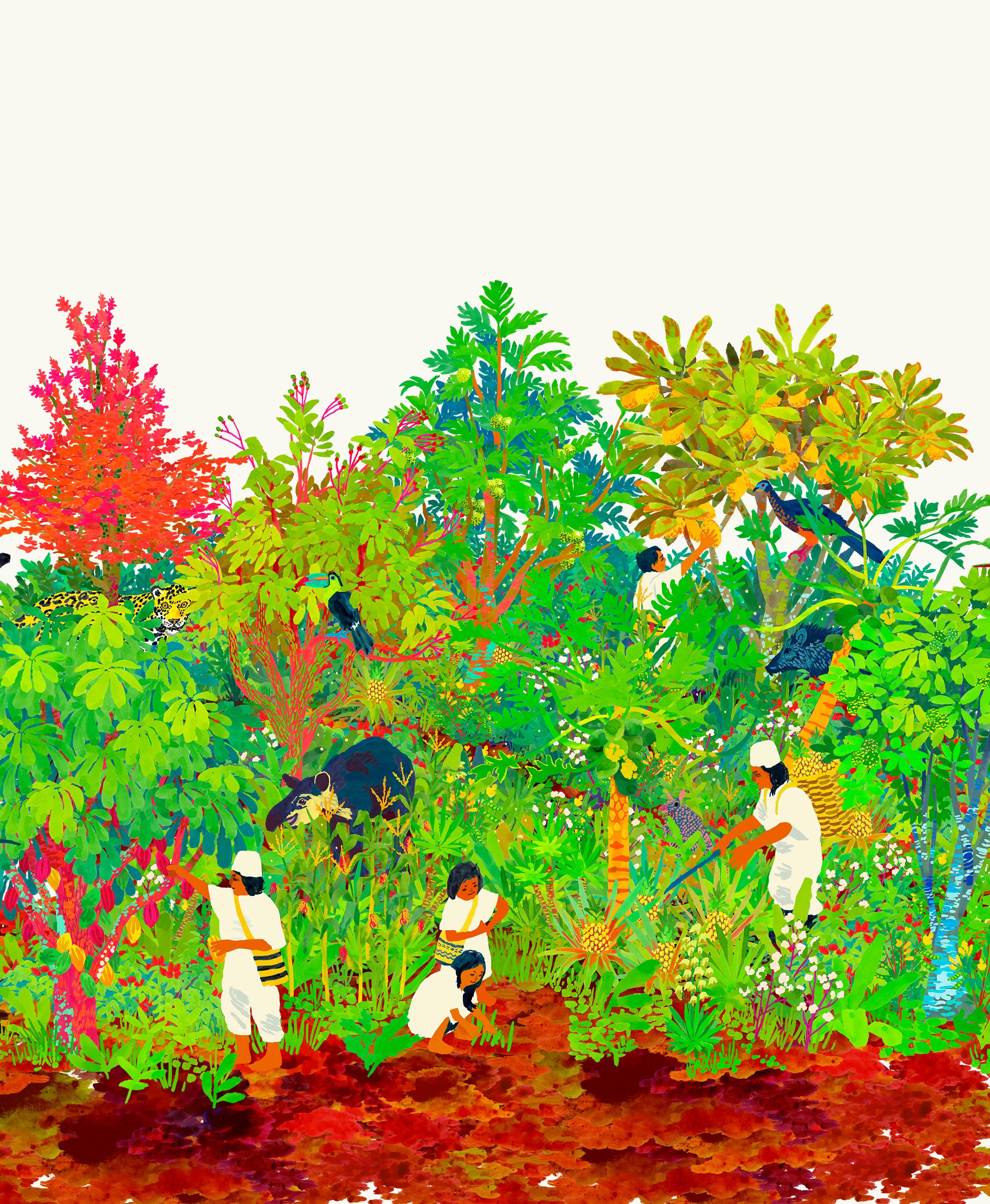
0
Trees
0
Hectares
0
Species
This project sees the creation of an edible forest garden in Bunkwimake, a remote community within the mountains of Sierra Nevada.
To date, there has sadly been substantial deforestation in the area. The planting of this forest and rewilding of the site addresses this issue, whilst simultaneously increasing food security for 300 local families, along with children who attend the local boarding school.
A diversity of fruits, seed and wood trees have been planted, combined with medicinal shrubs and over 40 species of plants.
Forest Maker
Jaguar Siembra
Forest Partner

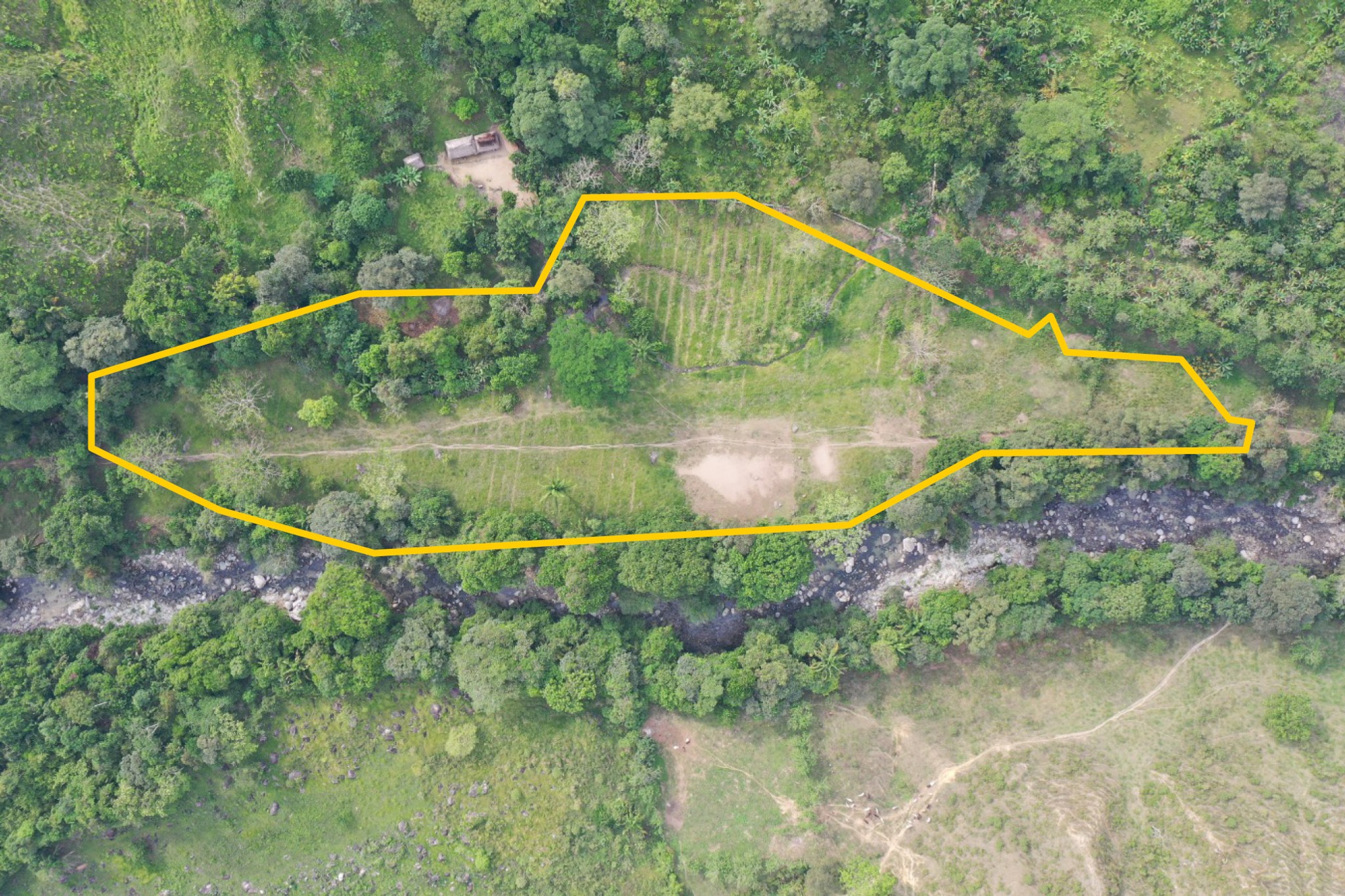

Forest Report:
Winter 2024
The community has been actively harvesting cotton, yucca, and pumpkins. While everything is growing, the trees are struggling due to the harsh summer conditions, leading to slower growth. However, with the recent rains, we’re hopeful that increased water infiltration will improve soil retention and support healthier growth in the long run.
Forest Report:
Spring 2024

“To revolutionise our work and create greater impact we need to unite with indigenous peoples around the world; they have preserved incredible ancient wisdom that is invaluable for the restoration we are doing. We are honoured to have the opportunity to weave this approach into our project with SUGi. This is the first seed and we hope that giant forests will be born from this intention and prayer.”
Jaguar Siembra, SUGi Forest Maker
Forest Report:
Planting
Date Forest Planted: April - September 2023
- Two phases planted: aligning with the moon cycles in April and September 2023
- Over 100 community members planted the Forest Garden over several days of sowing, maintenance, and community work. We have achieved unity and symbiosis between people and the forest, channelling the energy of every person involved. The community grows with the forest.
- Plant mix: a diversity of fruits, seed and wood trees combined with medicinal shrubs and over 40 species of plants.
Growing this Food Forest for the benefit of more than 100 families and a local school. - First harvest in March 2024: corn, yuca and beans.
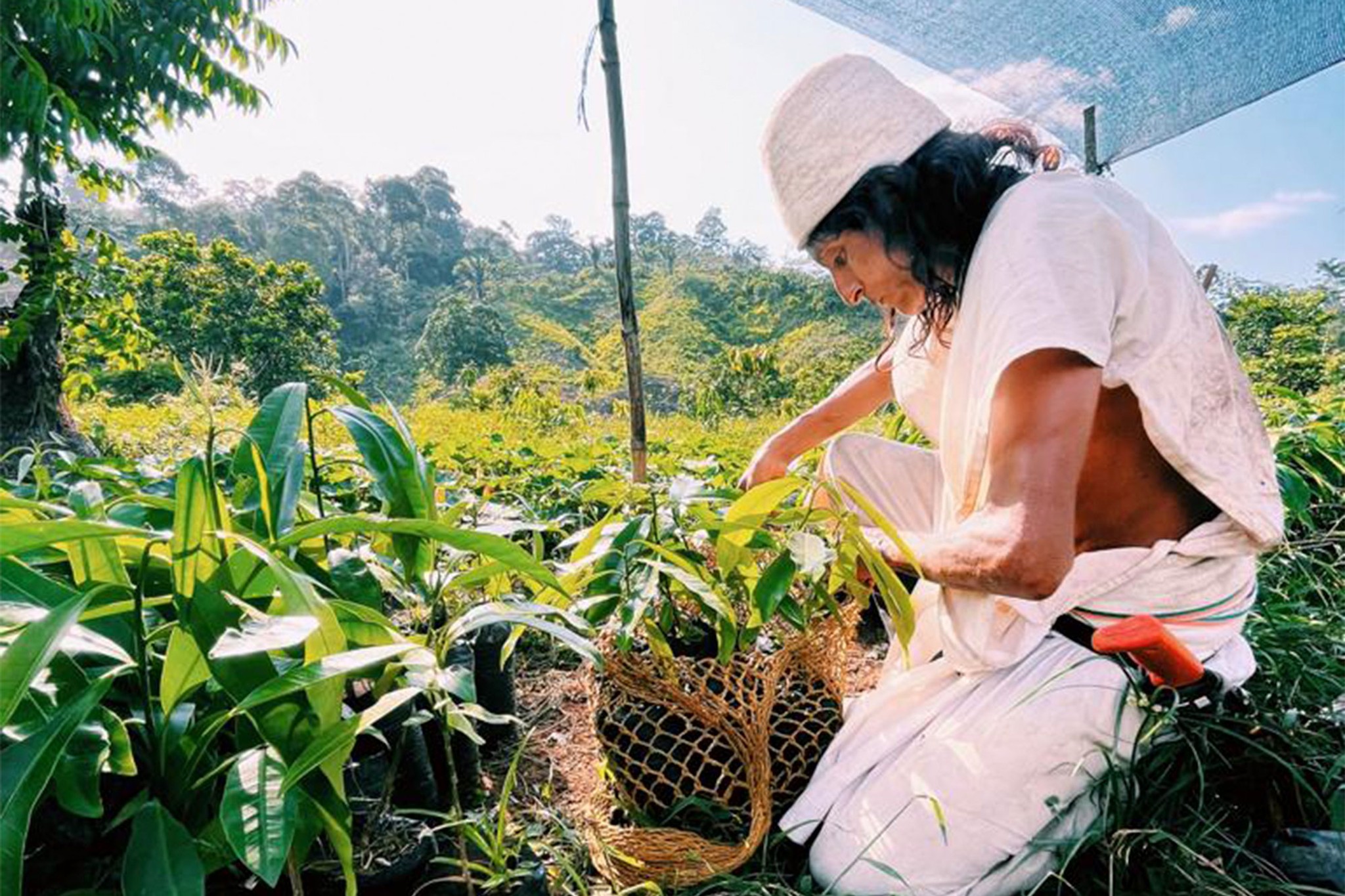
Forest Journal:
Seed Collection & Nursery Creation
Over 10,000 trees saplings, including:
- Cacao (Theobrema Cacao)
- Caney (Aspidosperma spruceanum)
- Pink Oak (Tabebuia rosea)
- Aguacatillo (Persea caerulea)
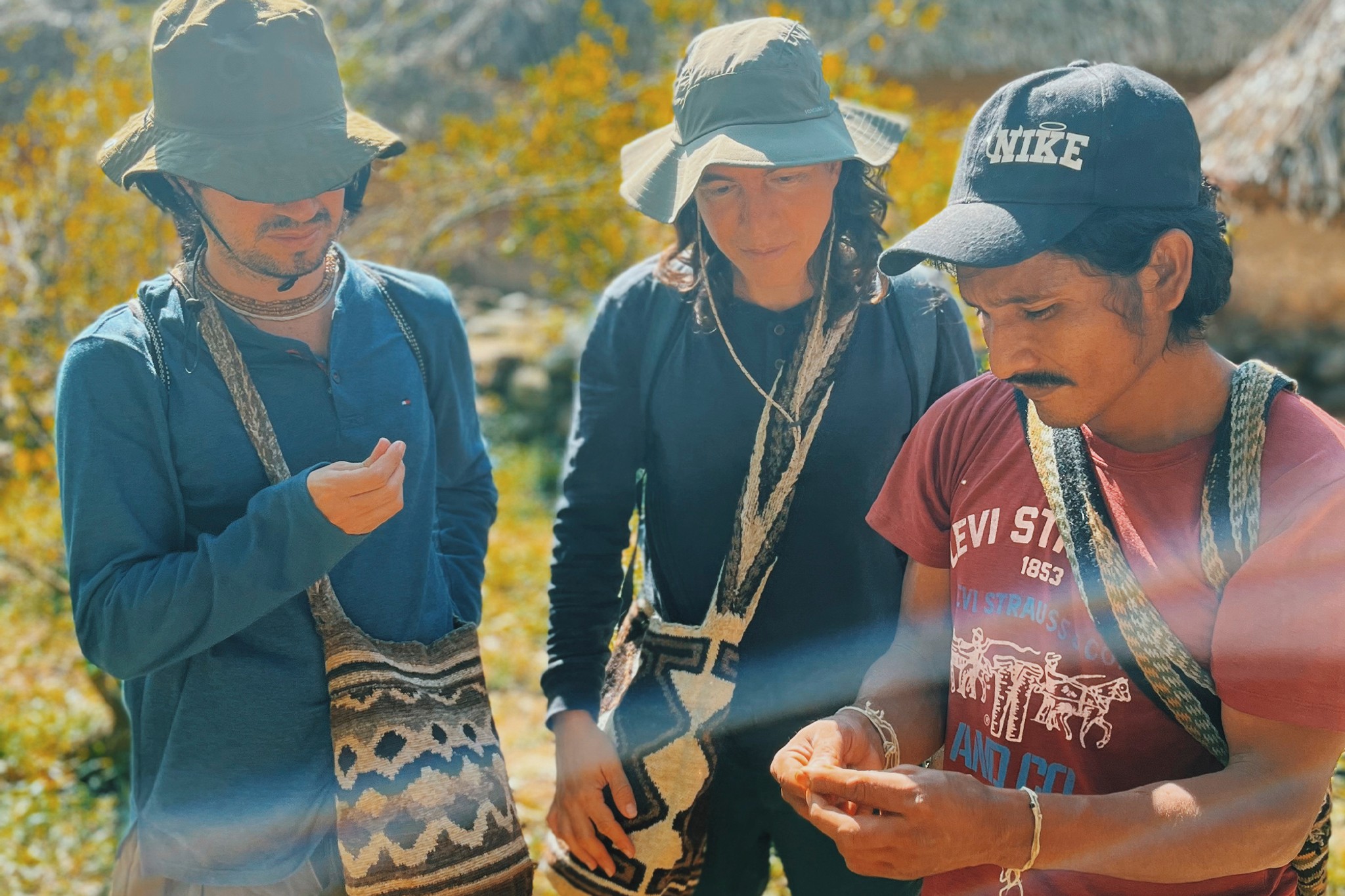
The Forest Garden
Alongside developing biodiversity, this forest brings together traditional knowledge and ancient agricultural concepts of the indigenous people. An effort that not only empowers the local community, but also offers them a better understanding of the indigenous cultural heritage.
The methodology will be documented in order to develop a scalable model that can be used by other indigenous communities, thereby regenerating more degraded areas and creating widespread abundance through food, community, bio-economies and cultural heritage preservation.
